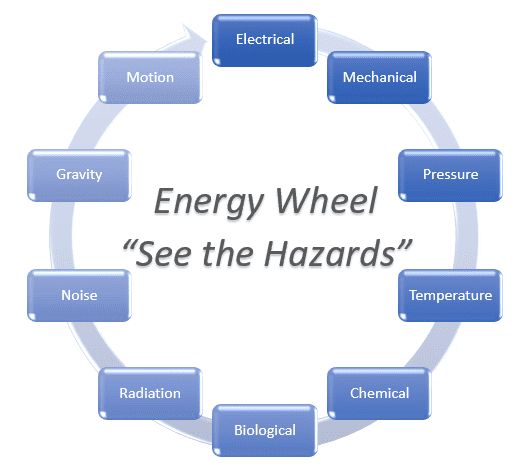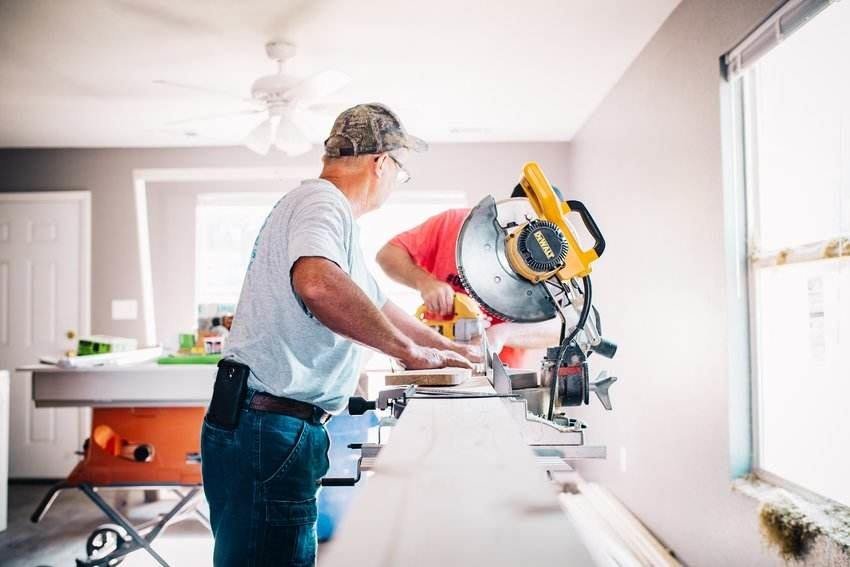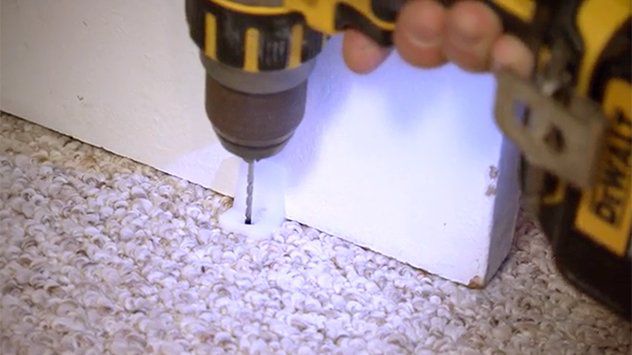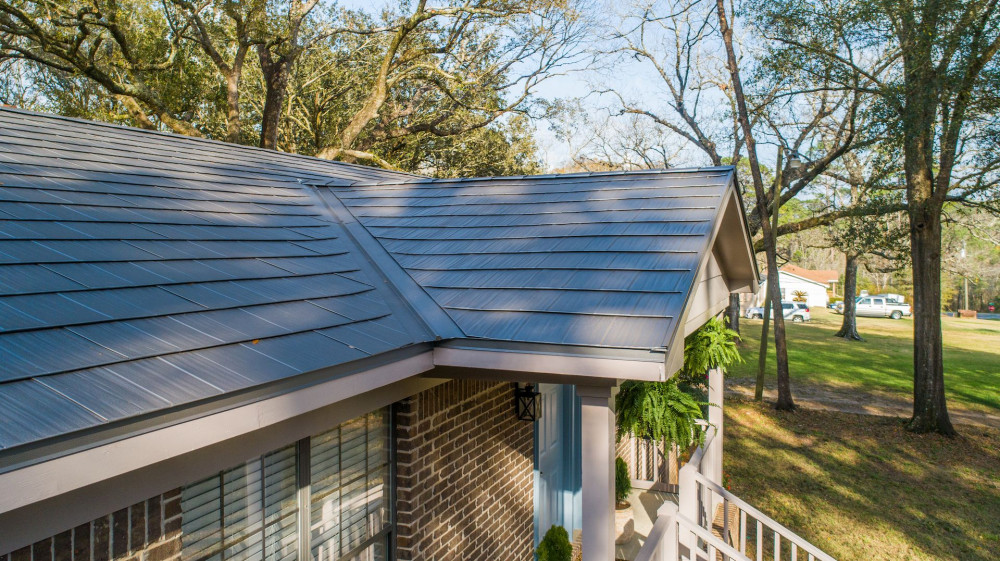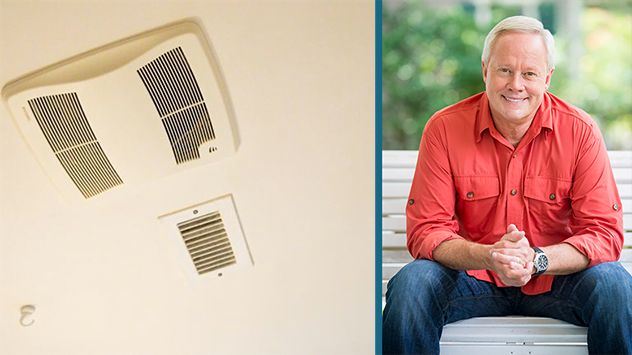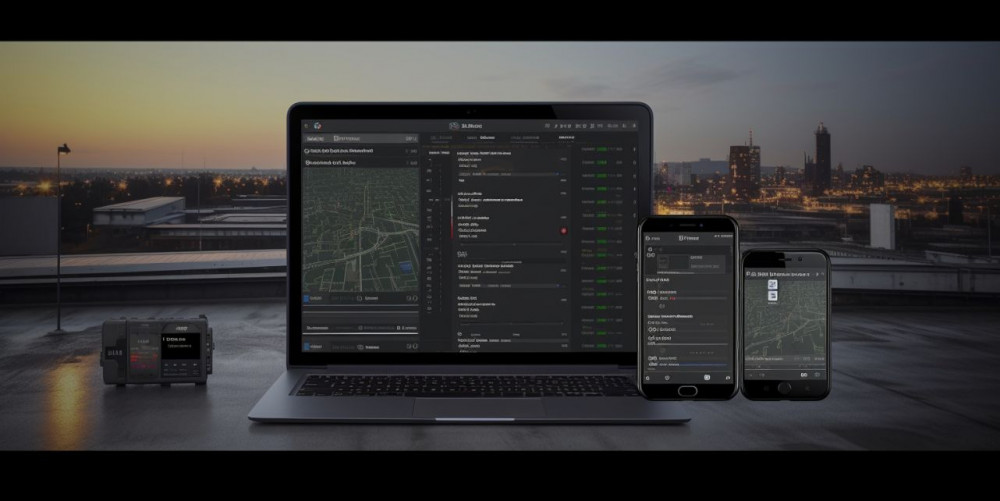Haier (simplified Chinese: 海尔; traditional Chinese: 海爾; pinyin: Hǎiěr) (SEHK: 1169, SSE: 600690) is a Chinese producer of household appliances, including air conditioners, washing machines and refrigerators. Its headquarters are in Qingdao, Shandong, People's Republic of China. As of 2010, Haier is the largest white goods manufacturer in the world.
Haier's history begins long before the actual founding of the company.
By the 1980s, the factory had debt of over CNY ¥1.4 million and suffered from dilapidated infrastructure, poor management, and lack of quality controls, resulting from the planned economic system and relevant policies. Production had slowed to a trickle, rarely surpassing 80 refrigerators a month, and the factory was close to bankruptcy. In desperation, the Qingdao government turned to a young assistant city-manager, Zhang Ruimin, responsible for a number of city owned appliance companies. Zhang was appointed the managing director of the factory in 1984.
Haier had been founded as Qingdao Refrigerator Co. in 1984. With China opening up to world markets, foreign corporations began searching for partnerships in China. One of these, Germany's Liebherr Group (Liebherr is the worldwide leader in premium refrigeration), entered into an joint-venture contract with Qingdao Refrigerator Co., offering technology and equipment to its Chinese counterpart. Refrigerators were to be manufactured under the name of Qingdao-Liebherr (simplified Chinese: 青岛—利勃海尔; traditional Chinese: 青島-利勃海爾; pinyin: Qingdao-Libohaier). The installation of Liebherr's equipment and technology was accompanied by a new and rigorous commitment to quality. Combined with Zhang's disciplined management techniques, which broke from the tradition of the iron rice bowl in Chinese state-owned enterprises, the company began to turn around. By 1986, Qingdao Refrigerator had returned to profitability and sales growth averaged 83 percent per year. With sales of just CNY ¥3.5 million in 1984, sales rocketed to CNY ¥40.5 billion by 2000; a growth of more than 11,500 percent.
Having diversified its product line beyond refrigerators, the company adopted a new name in 1991. Borrowing from the German name of its partner, "Haier" came from the last two syllables of the Chinese transliteration of Liebherr (pronounced "Li-bo-hai-er"). Qingdao Haier Group was further simplified in 1992 to Haier Group, the company's current name.
Its place in the domestic market secure, Haier moved onto the international stage with the goal of building a global brand name. The company opened a production facility in Indonesia in 1996, and the Philippines and Malaysia in 1997. Haier's move into the U.S. market was cautious at first; it focused upon two niche markets in compact refrigerators and electric wine cellars. Both markets were underdeveloped allowing Haier to firmly establish itself in its US niche.
Although under partial public ownership, Haier is still technically a "collective" company, meaning that it is supposed to be owned by its employees. However, its actual ownership situation is opaque; the employees receive no dividends and do not know how much they own in reality. Interference from officials is also a risk for SOE's like Haier. Various levels of government often try to push their ailing companies upon successful ones, often resulting in failure; Haier was once talked into acquiring a pharmaceutical company, even though it had no prior experience or infrastructure in biotechnology.
In June 2005, Haier made a bid to acquire Maytag Corporation, backed by private equity funds Blackstone Group and Bain Capital. The bid was for USD $1.28 billion, or $16 per share, topping a previous offer of $14 per share made by Ripplewood Holdings. In the end however, Maytag was bought by Michigan based Whirlpool Corporation which offered $1.6 billion in cash and stock, or $20 per share, plus assumed debt.
